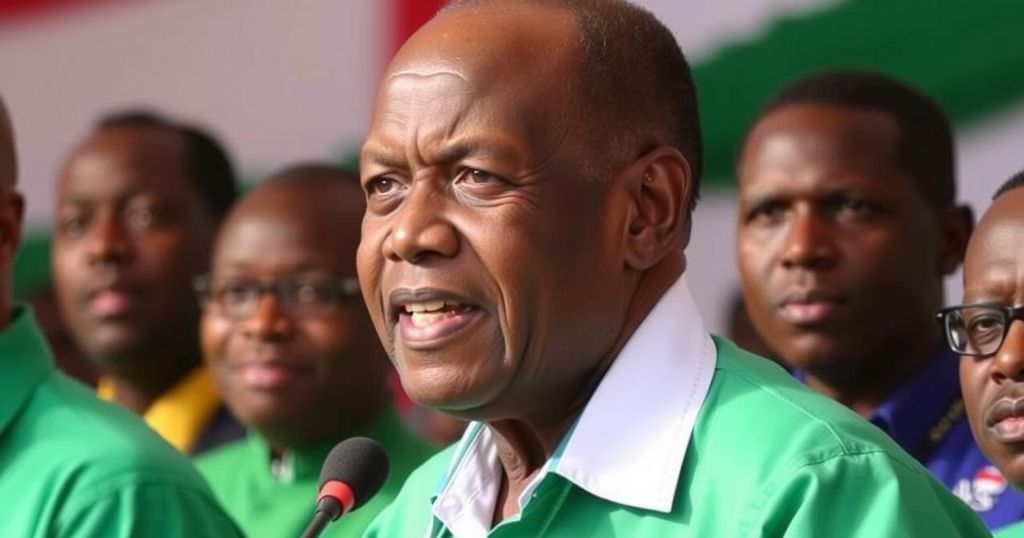Chad’s ruling MPS party won a majority in parliamentary elections boycotted by opposition parties, claiming this step is vital for democracy. The MPS secured 124 seats out of 188, amidst allegations of election transparency issues. President Deby’s government has shifted its foreign policy, distancing from France and drawing closer to Russia following his ascension to power after his father’s assassination in 2021.
Chad’s ruling party, the Patriotic Salvation Movement (MPS), has secured a significant victory in the recent parliamentary elections, which were marred by a boycott from opposition parties. President Mahamat Idriss Deby’s government claims that this election represents a critical step toward establishing a democratic framework in the country. According to the National Elections Management Agency (ANGE), the MPS obtained 124 out of 188 seats in the National Assembly, with voter turnout reported at 51.56%. Despite the election’s contentious nature, 38 different political organizations will have representation in the assembly, although the distribution of seats among non-MPS parties remains unclear.
The parliamentary elections in Chad have garnered attention due to their controversial nature, particularly following the boycott by key opposition parties such as Succes Masra’s Transformateurs. These groups contend that the elections lacked transparency and fairness, accusations that the government has firmly refuted. The political landscape in Chad has been significantly shaped by President Deby, who assumed leadership after his father’s death during combat in 2021. His administration has since moved to assert independence from France and enhance ties with Russia, reflecting broader regional trends among former French colonies.
In summary, the MPS’s overwhelming victory in the boycotted parliamentary elections raises questions regarding the legitimacy and transparency of the electoral process in Chad. The opposition’s concerns about bias and the government’s claim of progressing toward democracy will likely continue to define the political narrative in the country. As President Deby consolidates power, the implications for Chad’s governance and regional relations remain critical areas of observation.
Original Source: www.dw.com






